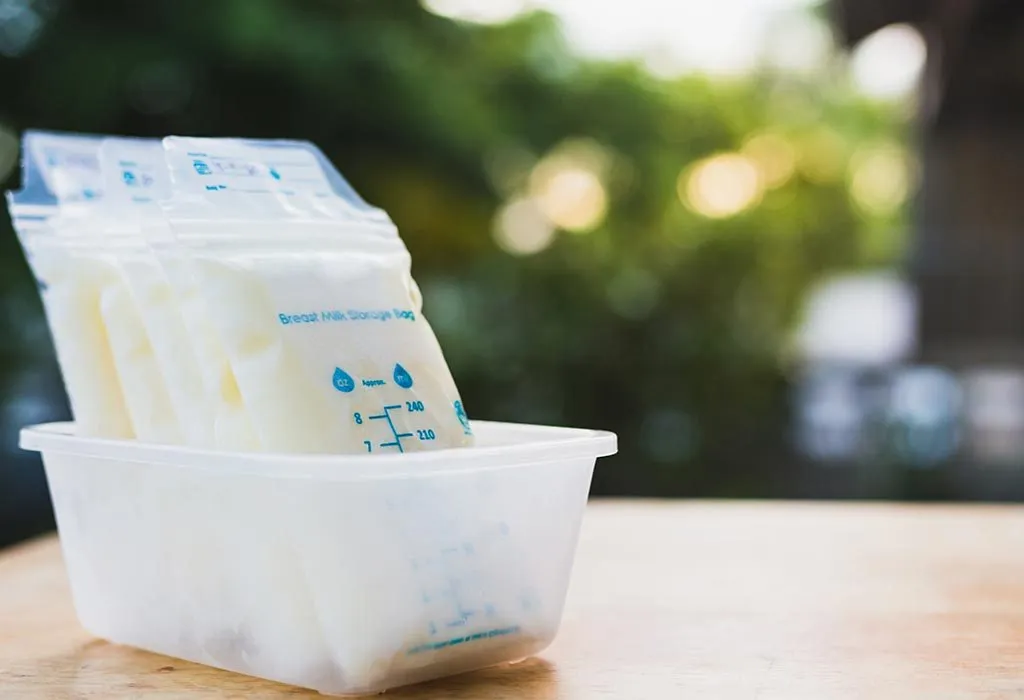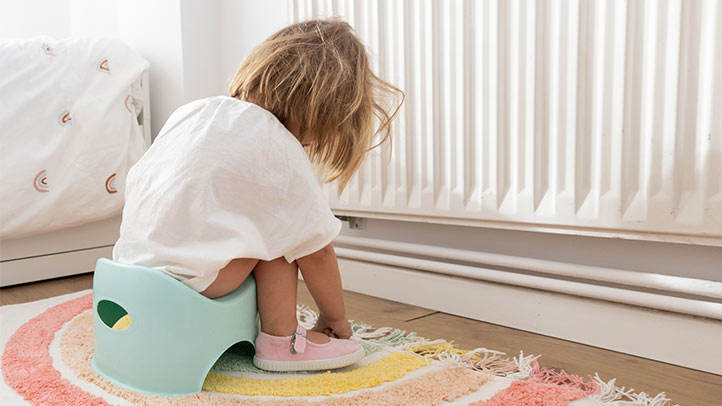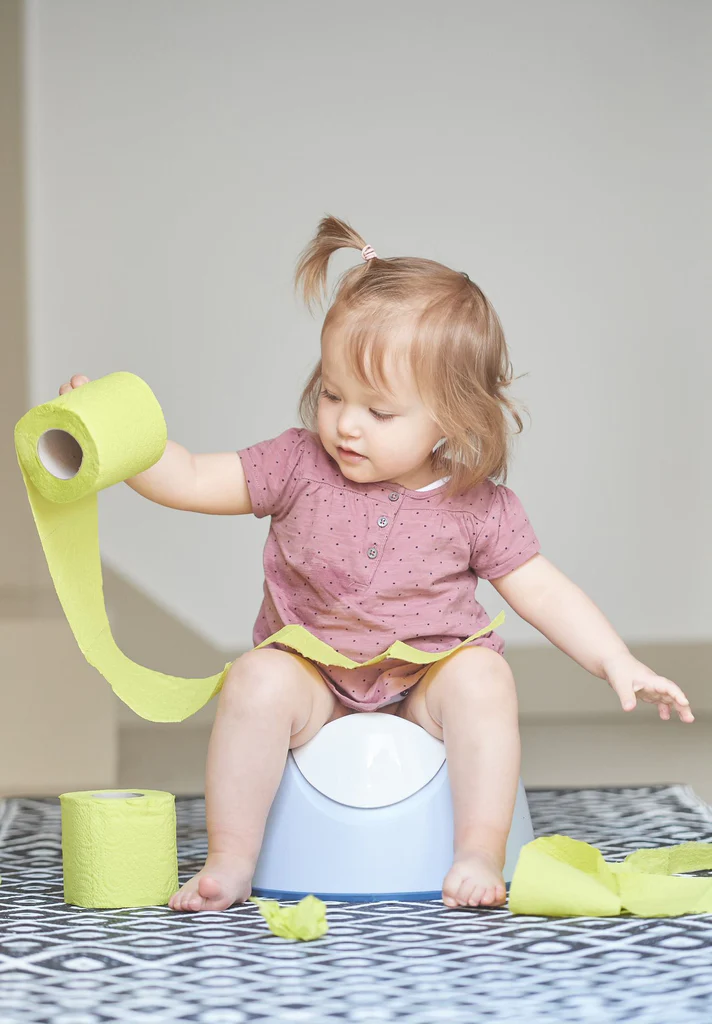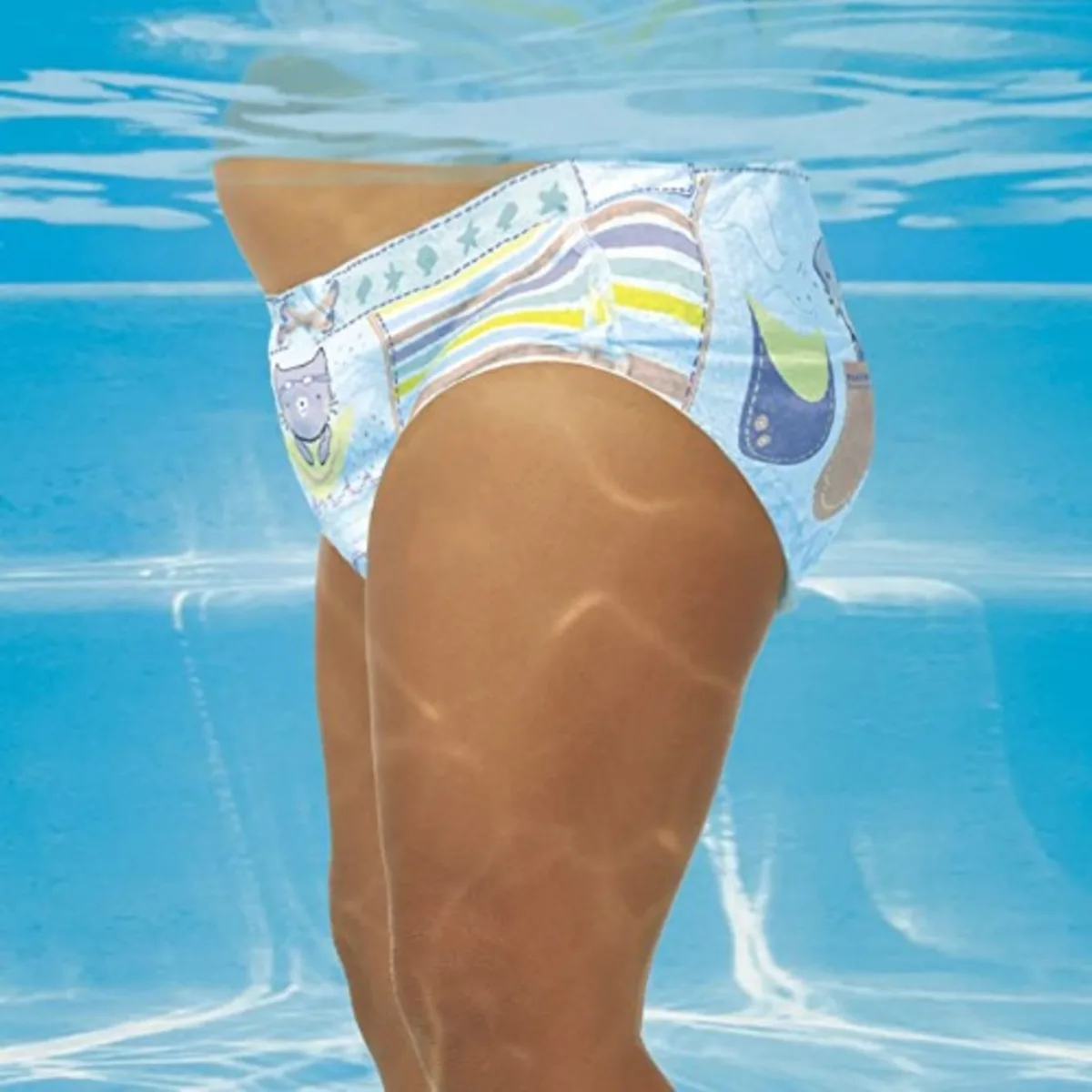How Many Times Can You Reheat Breast Milk? An Essential Safety Guide
Breast milk offers babies unparalleled nutrition and immune support. When it comes to storing and warming breast milk, ensuring your baby’s safety is of paramount importance. One of the most common concerns is “How many times can you reheat breast milk?” This article aims to answer this critical question, prioritizing both the health benefits of breast milk and your baby’s absolute safety.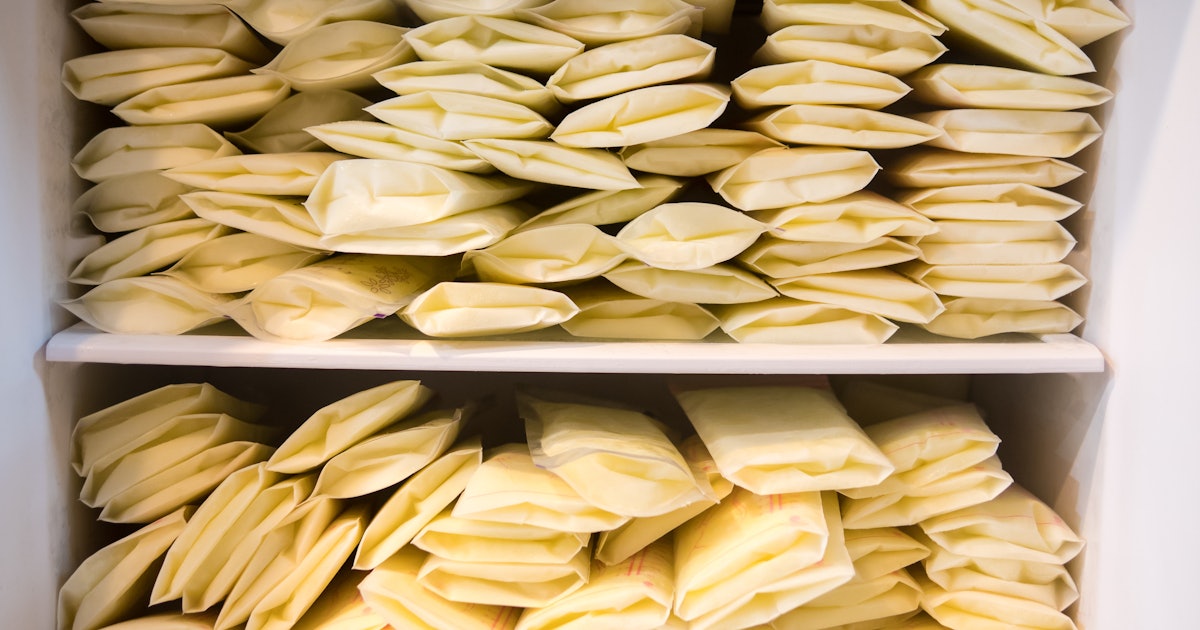
The Simple Answer: Don’t Do It
While it might seem convenient to reheat unused breast milk, the safest and most recommended practice is to avoid reheating breast milk at all. Here’s why:
Rapid Bacterial Growth
-
Ideal Environment: When warmed, breast milk becomes an ideal environment for bacteria to thrive. Reheating, even once, further accelerates bacterial growth.
-
Harmful Growth: Bacteria like Salmonella, Cronobacter, and E. coli can rapidly multiply in reheated breast milk, posing severe health risks for babies.
-
Immature Immune System: Babies and newborns have weaker immune systems, making them more vulnerable to infections caused by foodborne bacteria.
Reduced Quality and Nutrients
-
Nutrient Loss: Reheating breast milk can destroy valuable nutrients and enzymes crucial for your baby’s growth and development.
-
Impact on Effectiveness: Compromised breast milk loses its ability to provide the same level of protection against infections and illnesses.
What Happens If You Reheat Breast Milk?
Consuming reheated breast milk can have varying consequences, depending on factors like the type of bacteria present and the overall health of your baby. Potential risks include:
-
Food Poisoning: Common symptoms like vomiting, diarrhea, fever, and stomach cramps can lead to dehydration and significant discomfort for your little one.
-
Severe Infections: In some cases, babies might develop life-threatening infections like meningitis or sepsis, especially those with weaker immune systems.
-
Long-Term Effects: Even seemingly mild infections can have lasting health implications for babies and impact their development.
How to Handle Leftover Breast Milk
Instead of reheating, a safer practice is to discard any breast milk leftover after a feeding session. Here’s the recommended approach:
-
Small Portions: Aim to prepare smaller amounts of breast milk, only what your baby is likely to consume during a single feeding.
-
Discard After One Hour: Any formula remaining in a bottle after one hour should be discarded.
-
Observe Feeding Cues: Pay attention to your baby’s signals, such as turning away from the bottle, to gauge how much to prepare and avoid excessive amounts.
Safe Breast Milk Storage Tips:
Proper storage is crucial for maintaining the quality of your breast milk. Follow these guidelines:
-
Refrigerate Promptly: Store freshly pumped breast milk or any unused portion in the refrigerator immediately.
-
Safe Containers: Use clean and sterilized storage bags or BPA-free containers specifically designed for breast milk.
-
Label with Dates: Clearly indicate the date and time of pumping on each container.
-
Use the Oldest First: Follow a “first in, first out” system to ensure the oldest breast milk is utilized before newer portions.
Frequently Asked Questions
-
Can I Reheat Breast Milk That Was Never Used? Even if your baby didn’t drink from the bottle, previously warmed breast milk shouldn’t be reheated.
-
What About Recently Pumped Milk? Freshly expressed milk doesn’t require reheating unless it has been stored for an extended period in the refrigerator.
-
My Baby Won’t Drink Cold Milk, What Now? Experiment with serving breast milk at room temperature or offering it slightly warm using the safe techniques discussed earlier.
Conclusion
While the desire to avoid waste is understandable, prioritizing your baby’s safety is a non-negotiable. By following the safe handling practices outlined in this article, you can ensure your baby receives the very best in a safe, warm, and convenient way. If you have any further questions or concerns about breast milk storage or reheating, consult your pediatrician for personalized guidance.

